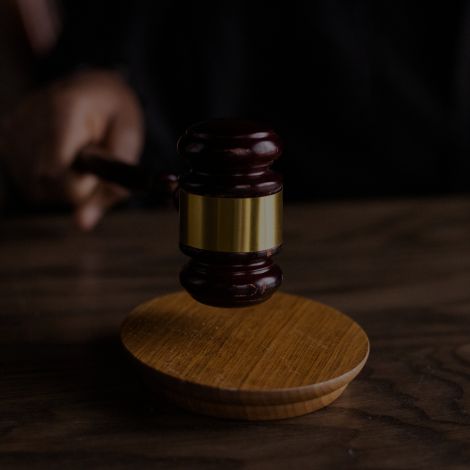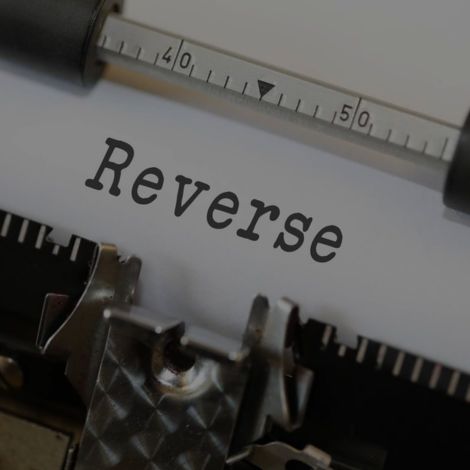 Learn more
Mr. Jyoti Sagar has been appointed as the Chair of APAA Finance Committee
Mr. Jyoti Sagar has been awarded with the “APAA ENDURING AWARD”
Learn more
Mr. Jyoti Sagar has been appointed as the Chair of APAA Finance Committee
Mr. Jyoti Sagar has been awarded with the “APAA ENDURING AWARD”

IP Expertise

of Pioneering Service


[t4b-ticker]



K&S Partners is one of India's leading Intellectual Property (IP) law firms which provides expert and specialized services in order to protect the IP Rights of its creators, owners, or inventors. The services range from creation, registration, filing, prosecution, enforcement, transactional and related services.
140+
PROFESSIONALS
6
OFFICES IN INDIA
330+
AWARDS
IP FORMS / PRACTICE AREAS
K&S Partners offers a full range of intellectual property rights management services that cater to the ever-growing needs of customers around the globe.
Thought Leadership
Articles, blogs, whitepapers and case studies that reflect decades of IP leadership experience.
LEADER SPEAK
Intellectual Property is the backbone of innovation and the cornerstone of progress. At K&S, we understand that investing in IP is investing in our collective future, and we're proud to be at the forefront of this exciting journey.

Jyoti Sagar, Founder & Chairman
Get in Touch
TRENDING TOPICS

Asserting Patent Infringement with the help of Doctrine of Equivalence
Shivakumar Angadi & Nikhil S Reddy


New Indian Patents (Amendment) Rules 2024: What You Need to Know
Durgesh Mukharya


































